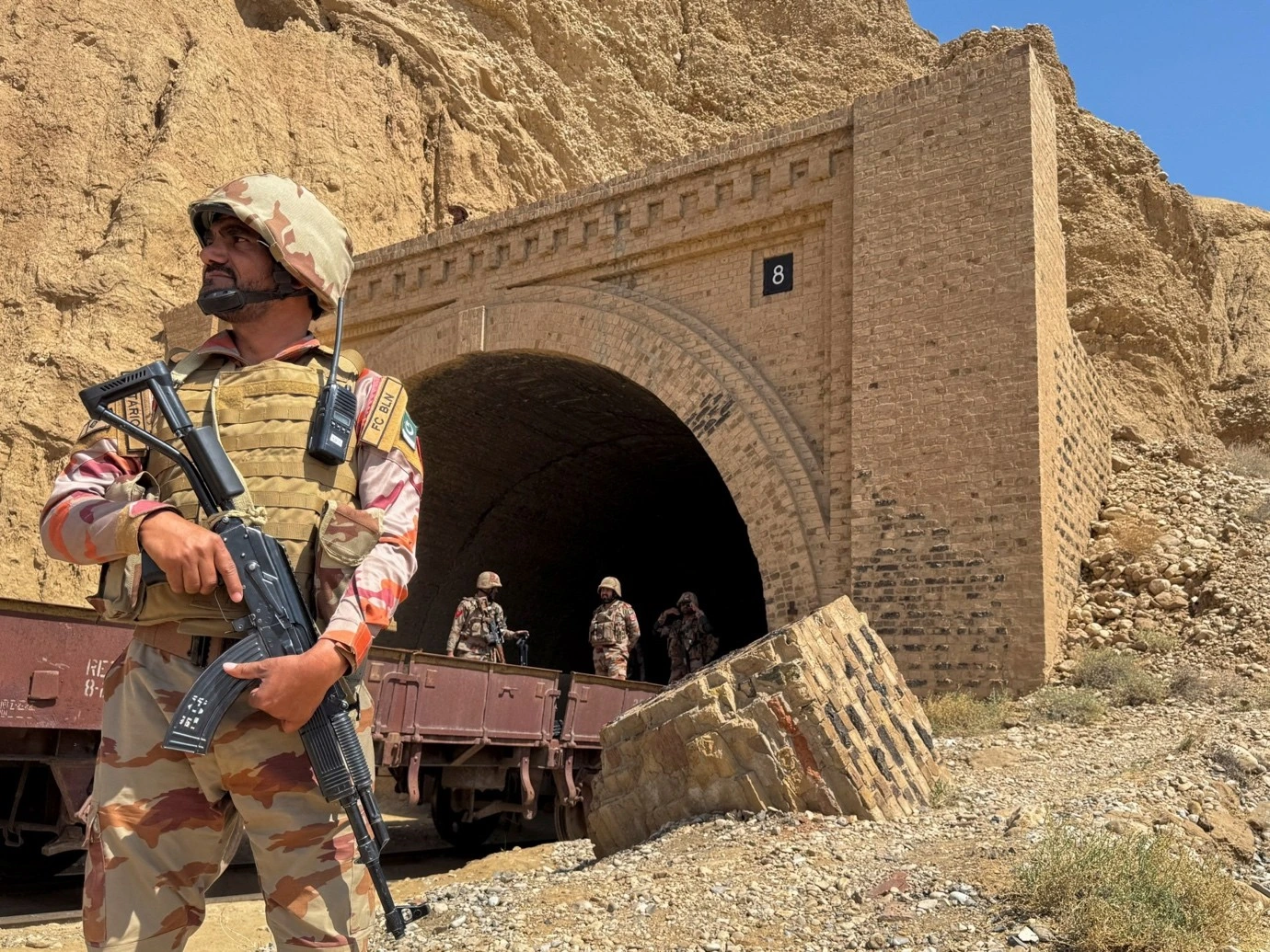Pakistan’s Unyielding War on Terror

Pakistan is front-line for an unrelenting fight against terrorism, a conflict whose complexity and ferocity have changed over years. From the religious fervent Islamic State Khorasan Province (ISKP) to the separatist insurgency of the Balochistan Liberation Army (BLA), the nation faces a range of terrorist threats. These groups have as their shared goal destabilizing Pakistan by means of violence, fear, and disturbance, notwithstanding their ideological differences. Still, the state is relentless in its will and addresses every one of these challenges from a consistent, cohesive posture. Pakistan’s war on terror targets the core concept that violence can be used to subjugate a sovereign nation, not only against names or organizations.
Terror lacks philosophy; the adversary is the same whether ISKP or BLA. Whether they centre religion, race, or political concerns, the stories these groups spin simply cover a campaign of violence meant to undermine the state underneath. Both ISKP with its global jihadi objectives and BLA with its separatist purpose turn to the same terrible methods. Suicide bombings, deliberate assassinations, attacks on security personnel and citizens both, these deeds are attempts to intimidate and immobilize, not statements of belief. For Pakistan, the difference in motivations is meaningless; terrorism is what it is, and the offenders are handled equally.
Different labels, same goal, Pakistan dismisses them all. Years of bloodshed in the nation have been inflicted by a continually shifting terror network. Though the names could vary, Tehrik-i-Taliban Pakistan (TTP), ISKP, BLA, or others, the terrible desire never changes. Every group works in different ways to undermine national unity, weaken the state, and damage its people. Pakistan avoids the trap of classifying these dangers into ideological lines. Rather, it recognizes that the ultimate objective of every terrorist cell is national destabilization and applies a single criterion of rejection and opposition to all of them.
Pakistan battles not labels but terrorism. Terror is not embraced in any form, whether veiled as nationalist revolt or covered in holy rhetoric. The security forces and law enforcement agencies of Pakistan concentrate on neutralizing threats and maintaining peace, not on the ideological justifications of terrorists. Zero tolerance is a living policy shown in many operations, arrests, intelligence missions, and sacrifices made by the men and women in service; it is not a phrase. The safety of Pakistan comes first, so the attacker’s identity is less crucial for the country. Any group endangering this safety is handled aggressively.
Mountains to cities, no safe refuge for terrorists. The extent of Pakistan’s counterterrorism activities geographically tells volumes about the country’s dedication. Long finding refuge in the tough terrain of Balochistan, BLA militants have launched ambushes and sabotage from this base. Conversely, ISKP has shown its capacity to target metropolitan areas to instil panic in places like Peshawar and Quetta. Still, Pakistan’s counterterrorism agents are alert and forceful whether in packed metropolis areas or isolated mountain hideouts. No part of the nation allows terrorists to operate without consequences.
One flag, one stance, no concessions regarding security. National unity is a distinguishing quality of Pakistan’s counterterrorism strategy. From the military to civilian leadership, from federal to provincial levels, the posture is clear: state sovereignty and security are non-negotiable. There are no backdoors, no appeasement tolerance, no terror outfit discussions. This clarity of goal enhances national morale and provides a strong message to enemies: Pakistan will not be forced into surrender; rather, its people support their armed forces and security institutions in defence of their country.
Two faces of the same threat, ISKP, or BLA, met with one will. Though origin, philosophy, and external links vary, ISKP and BLA have same goals and approaches in the field of terrorism. Both have committed horrible crimes including attacking holy sites, killing innocent people, damaging infrastructure. Ideologues are not acting; these are deeds of adversaries of the state. Pakistan’s answer thus does not vary with the changing designations or connections of these parties. It is a constant, relentless resistance, a will that gets more powerful with every attack, with every martyr, with every difficulty.
Terrorist organizations want to sow discord and anarchy; nonetheless, Pakistan gets stronger. These terrorist groups mostly rely on breaking the country along religious, ethnic, and sectarian lines. Targeting Shia communities, attacking security personnel, or harming symbols of national unity, they intend to sow discontent and divide. Usually, though, the outcome has been the reverse. Stories of bravery, harmony, and national camaraderie have sprung from the ashes of catastrophe. Communities have joined together in defiance and loss to strengthen rather than divide the social fabric. Every effort at division just serves to reinforce Pakistan’s will toward unification.
Pakistan does not distinguish; terror is terror. The basis of Pakistan’s counterterrorism strategy is this idea. Lesser threats or “good terrorists” do not exist. The reaction is the same whether a group says it is fighting for a cause or just seeds anarchy for its own amusement. False dichotomies or selective action are not entertained by the government. Every act of terror is answered with force; every threat is faced; every victim is remembered. Pakistan’s tenacity against a continuing, multifarious battle comes from this moral clarity.
Pakistan’s war on terror is ultimately a struggle for its identity, sovereignty, and destiny rather than only a military one. This is a struggle against all those who think that political transformation can be accomplished with violence. Although ISKP and BLA may stand for distinct points of view, to Pakistan they are exactly in terms of threat and outcome. The country’s will be still strong: no compromise on peace, no tolerance for violence, and no safe harbour for anyone wishing to hurt its people. One enemy, many faces, but always one Pakistan, standing tall.







